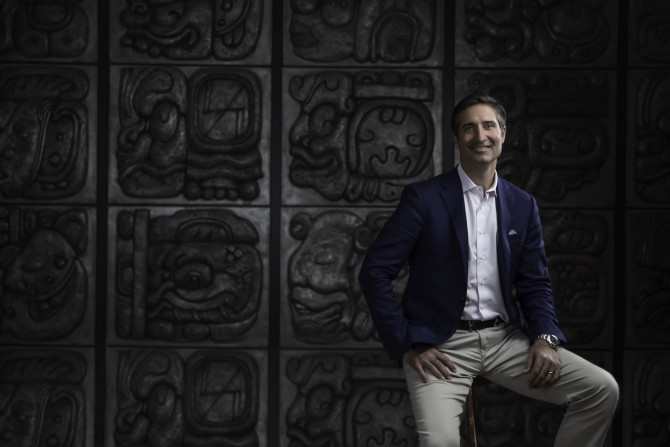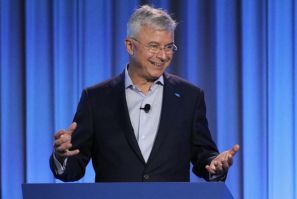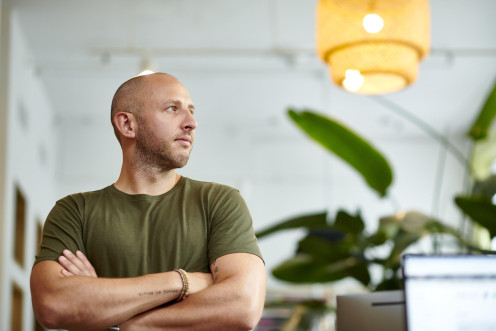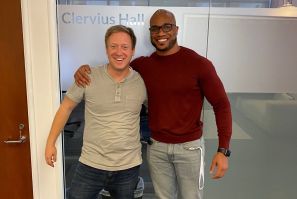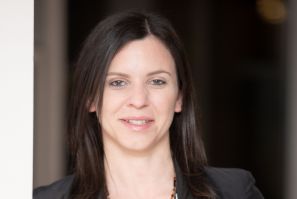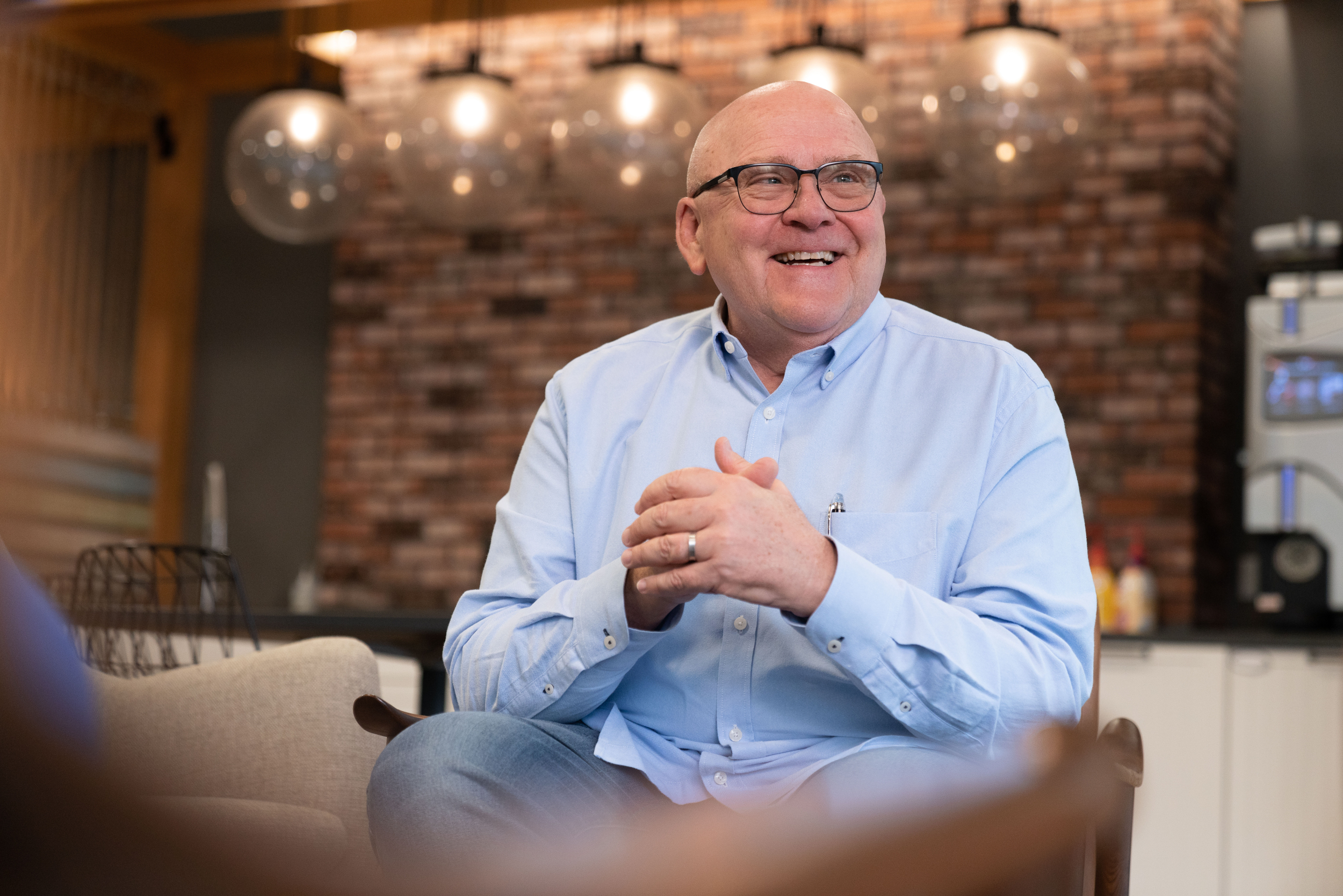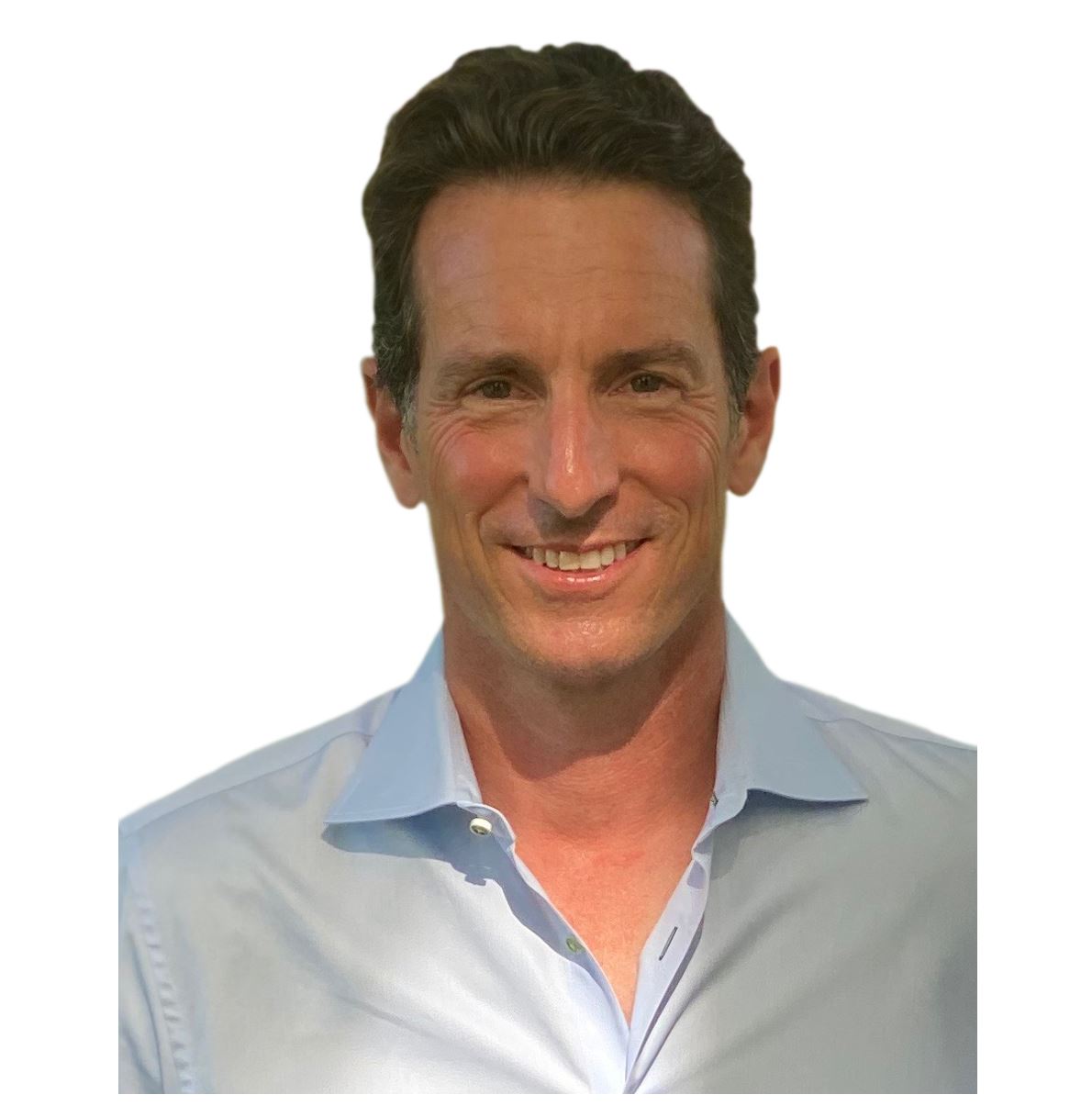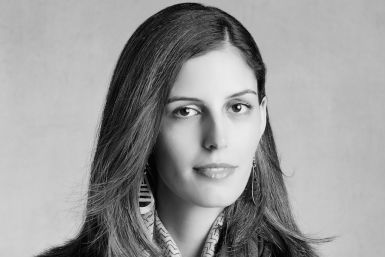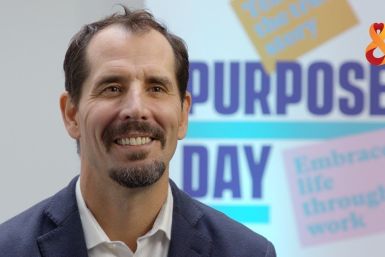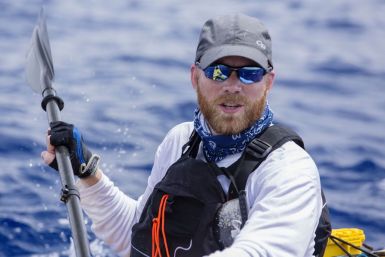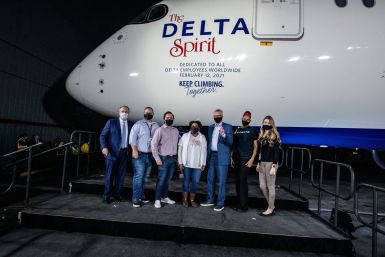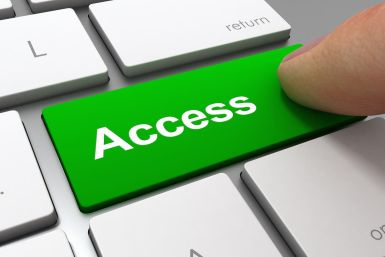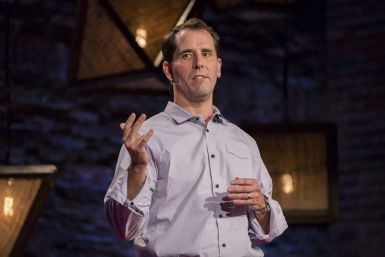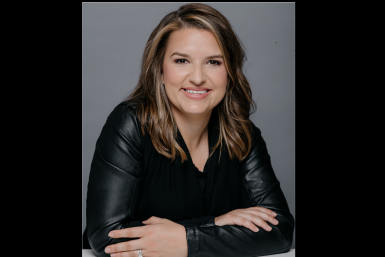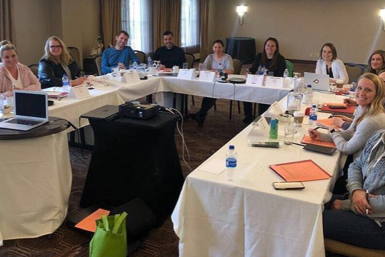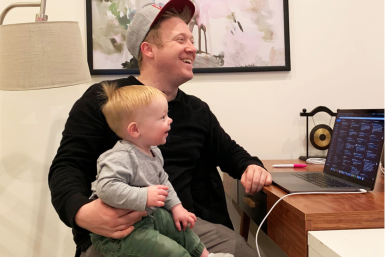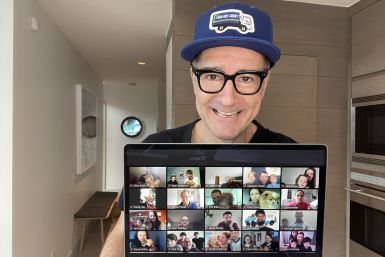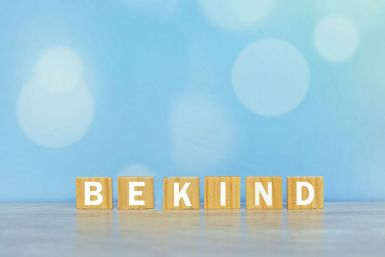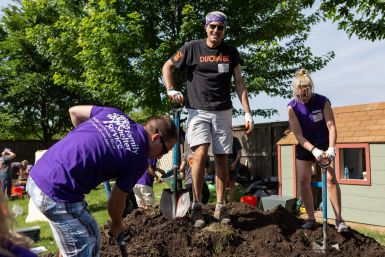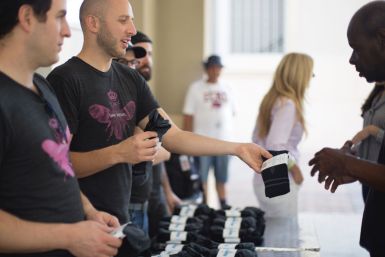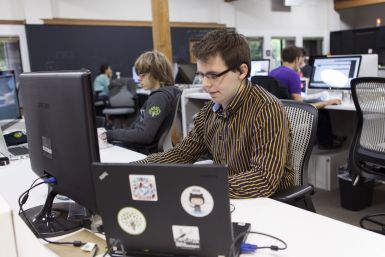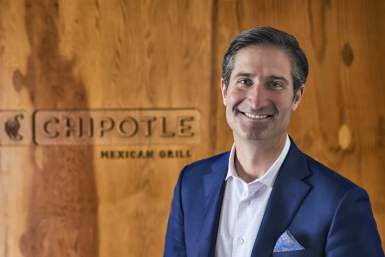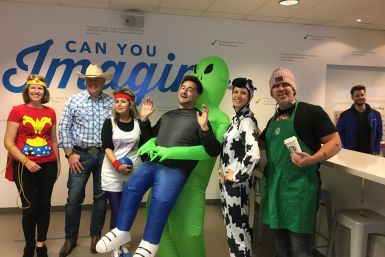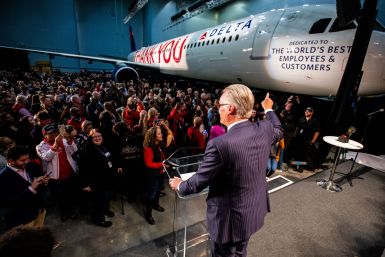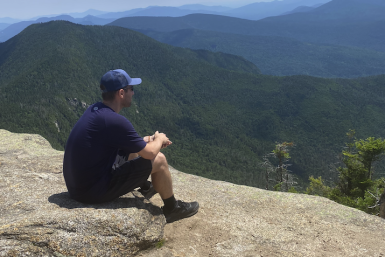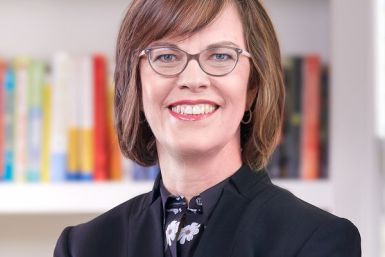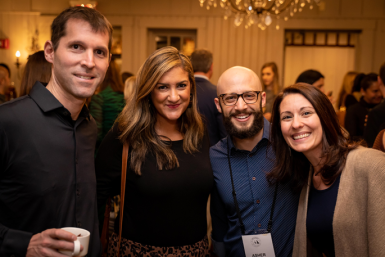In this exclusive Social Capital Q and A, TMV CEO Soraya Darabi candidly shares her passion for investing in purposeful startups that transform the way we live and work. Her own varied workforce history informs her ability to assess and interact with startup entrepreneurs that has garnered an unmatched record in returns.
From leaders who promote intellectual discourse to psychological awareness to medical and health knowledge our honorees this month make it their mission to help us learn for our good and the good of all in our society, thereby planting the seeds of a whole lot more Social Capital.
By embracing non-judgment, we do not give up the practices that have allowed us to succeed, but rather we question our attachment to certain longstanding practices that may actually be preventing much greater success in our businesses.
Local sourcing, local input drives Davis Smith to design a brand that is all about providing employment opportunity out of poverty and celebrating individual initiative.
In an amazing and exclusive Q and A with IBT’s Social Capital team, Delta Air Lines’ Ed Bastian gives an inside view of how doing business in the Social Capital way kept the company on course throughout the pandemic, arguably the most challenging year the travel industry has ever faced, and how it is helping them to not just persevere but to quickly rebound in amazing and inspiring ways.
From Reddit’s retail stock raiders to companies making better water and healthy food a priority to leaders who believe their company’s greatest asset is to improve the lives of their employees, and of everyone in their communities, a powerful coalition is forming around an important but oft overlooked element of Social Capital.
Mike Brady exemplifies kindness in leadership -- leaders making decisions that follow the golden rule, treating people how we want to be treated, with humanity and respect.
We honored Rachel Romer Carlson in November as one of that month’s Top 10 Social Capital CEOs for her commitment to breaking the cycle of poverty in many families by bringing the opportunity of education and upskilling to masses of workers throughout America. Her experiences with her own family opened her eyes to the critical role of education in achieving at least a middle-class level of economic security.
Core values are the guideposts that key you on track in life; consciously or unconsciously, they drive your most important decision-making.
Because employers benefit directly from a student's education and the skills they’ve learned, they should share the risk and reduce the financial burden of future employees’ education.
If there’s one thing the pandemic has brought, it’s clarity on what our real impact really is.
These leaders run their businesses and their lives as if they are the citizens of a small town, or a student at a small college, or as if they are hanging out with their small group of friends, or like we mentioned earlier, as if they are running a small business or local store.
In November we honored Roger C Hochschild as one of our Top 10 Social Capital CEOs for continuing and bolstering Discover’s commitment to its mission “To help people spend smarter, manage debt better, and save more so they achieve a brighter financial future.” But what was even more compelling were his incredible revelations how he empowers and respects the diversity of its employees with a revolutionary and organic approach that comes straight from the heart.
David Heath created a capitalist solution to solving one of the most heartbreaking realities in America - hundreds of thousands of homeless cannot afford or find socks. He leveraged his entrepreneurial desire and spirit into fixing this problem by creating a superior sock that sold like hotcakes.
There is no better time to share what we have learned through Social Capital than the holidays. Some of the most amazing, sincere and caring CEOs in America have contributed their awesome insights and unique thoughts in our new Social Capital section, and the experience was so invigorating and eye-opening for us that we decided to share some of our fondest and most moving highlights with you again in our year-end video.
In this eye-opening exclusive Social Capital Q and A with Lambda School’s visionary CEO Austen Allred, he reveals how the market taught him what students really needed – and how to deliver it in an economically feasible way.
In this exclusive Q & A with our latest Social Capital CEO, celebrated and compassionate leader Brian Niccol talks about all the ways he invests in top quality food, loyal customers and his cherished employees - and why it's a non-negotiable way of doing business.
Chris: What a perfect ending note, Brian. Thanks for taking the time. We look forward to sharing many more of your thoughts to come.
Social Capital CEOs who encourage their employees and their customers to think for themselves, to live better, be better and to rise up economically are not just making the world a better place, they are doing what the politicians could never do on their own.
In this exclusive Q and A with IBT’s Social Capital team Bastian, or “Ed” as he likes to be called, talks about people over profits, persevering during the pandemic, and the important lessons he learned from his mom.
This year has completely upended our lives on a personal and professional level. On the business side, many organizational leaders have seen closely held assumptions proven false.
The difference between marketing and meaning is REAL authenticity. Some companies don’t care if the message they market actually coincides with their true essence.
There have been a lot of challenging circumstances lately. World pandemic. Economic crisis. Culture crisis of racial injustice. People are struggling. Overwhelmed by the layers of anxiety.
In 2015, I started sending an email every Friday to my team of 40 people at Acceleration Partners. This isn’t unusual—many CEOs send out weekly wrap-ups
SOCIAL CAPITAL is the intangible asset at the heart of a new and dynamic view of “success.” It is changing business and the world as we know it, especially as we face one of the most difficult periods of adjustment the world has ever known.


